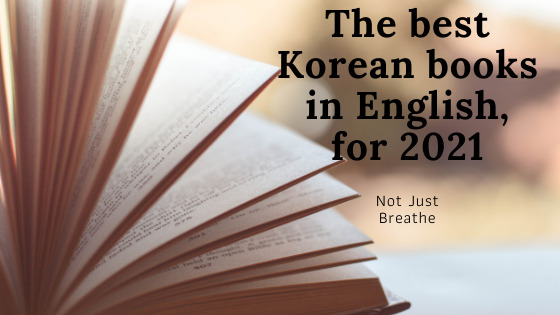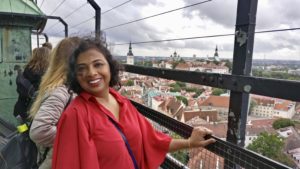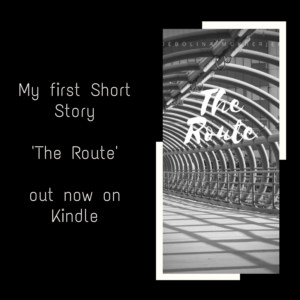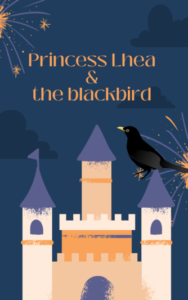I have been a great fan of Asian literature for many years now. Murakami novels dominate my bookshelves and I can recognize its black and red covers from a mile away. To read some of my most loved Murakami books, read my reviews here. However, large parts of Asian literature has been unavailable to the English reading audience so far. Mainly due to the lack of good translations. But recently, with countries such as Korea working to spread their cultural heritage across the globe, I see more and more translated work coming through. Thanks to the dedication and passion of these translators, our bookshelves have become much richer.
In this post I review the best Korean books in English that I have read and highly recommend. I am sure as time goes by this list will only grow. For now, here are my best 3 Korean books in English, to read right now.
Pachinko
It was January 2021 and I had just finished reading Pachinko, a book by Min Jin Lee. Given I typically write a review for most books that I read, usually when I read a book, I keep thinking how I would review it for other readers. With Pachinko I was never sure. The emotions kept changing as I read, the descriptive words I would use for the story kept changing. After I finished the book, I was still unsure. Then after two full hours of finishing the book which involved 2 glasses of pensive wine drinking, I think I was finally ready. But looked like I wasn’t. As here I am writing this review after two whole months of having finished the book.
Pachinko is not a literary wonder. Pachinko is a literary conundrum. I am not sure if that is even a phrase but those are my feelings for sure. Pachinko is a conundrum because it is a puzzling narration of predictability and impetuosity. Set in Korea and Japan, between the 1910s and 1980s, spanning three generations, it is a story of perpetual love, some times unrequited, some times sacrificed. That strong theme around love gives it its predictability but interwoven within it are surprises which spring upon you when you least expected.
It is the story of Sunja, a woman born in undivided Korea in the 1910s, her journey through life in the backdrop of the Japanese invasion of Korea and the two World Wars. While the story largely remains not fraught with twists, it provides a close glimpse of life in Korea at the height of conflict. I wouldn’t know how insightful it is for someone of a Korean or Japanese origin, but for me as someone not well abreast with the detailed history of this region, it was like living through these times. The characters are simple, but have a diversity of emotions and longings. Hansu, the male protagonist of the novel, has a limited appearance throughout the novel, but with immense impact. Both Sunja’s and Hansu’s emotions are juxtaposed to bring out the many layers of love.
Pachinko is a beautiful book which immerses you into Korean life and history unfolding through the lives of a family. And it is a feel good book, although expect no fairy tale endings.
Buy from Amazon here:

Kim Ji Young, Born 1982
Kim Ji Young, Born 1982 is, as the title almost suggests, about Kim Ji Young, a girl born in South Korea in 1982. The plot is set in 2016 and takes the reader through Ji-young’s life till now. The 200 odd page book often reads like a documentary, citing statistical data. The book is divided into 6 chapters starting from a reminiscent tone in the present day, going all the way from when Ji-young was born and then back to the present. Kim Ji-young is the average Korean woman born in the 80s, in an era when Korea was fast charging towards becoming a world power. The story revolves around her life, just as an average Korean woman. Kim Ji–young, Born 1982 is quite unsettling in the way that its depiction of the passive aggression and sexism towards women in South Korea is uncomfortably true.
When the book was released in Korea, it was immediately a bestseller but also created quite the furor among the general public citing sexism. Sadly gender discrimination is still an openly debated truth across the world today. However it remains a particularly sensitive topic in much of Asia. While it is almost a given in some of the more developing nations of the continent, it is considered shameful to acknowledge for the more ‘developed’ countries. But this tiny book, which Kindle says can be read in 4 hours, packs a real punch. That is if you are brave enough to wait for it. The unexpected and oh-so-subtle end, is bound to keep you thinking much beyond the 4 hours.
I highly recommend this book to everyone, men and women equally. It so delicately exposes our social conditioning without vilifying men in general. It brings our subconscious biases to the fore and may helps us make amends. The simple narration and the depiction of an average life brings the uncomfortable truth around sexism to the collective consciousness.
Buy from Amazon here:

The Vegetarian
I kept the best for the last shall I say? The Vegetarian is an intensely dark allegory of South Korea told through the story of Yeong-hye. Yeong-hye is an ordinary Korean housewife, who suddenly stops eating meat one day after a series of dreams. These dreams involved bloody imagery and repulse Yeong-hye from any animal products. The plot is as simple as it can be. The depiction is so intense it can rip your insides out. It is one of the smallest books I have ever read (160 pages) but it has taken me one of the longest. This is a 3 part book with each part focusing on the narration of one of the 3 main characters of the book. While much of the characters remain the same through all the 3 parts, the difference in the character narrating it brings forth the varying perspectives.
The English translation of the book received the Man Booker International prize in 2016, catapulting its hitherto restrained acceptance within Korea into a worldwide celebration. This accelerated the entry for Korean literature into mainstream English readership. When I read The Vegetarian, in 2018, I was not even aware of the Korean wave, especially around Korean dramas and movies. But this book sure made me aware of a whole new world of literary gemstones.
Buy from Amazon here:
So those are my recommendations for the best Korean books in English to read right now. I have a few more on my current reading list. Follow me on Goodreads to know more. I promise to come back and update this blog with more of my best Korean books to read in English.
If you have liked this review so share it with others using the share icon. I will also love to hear your thoughts about this review as well as these books. So please do leave your comments in the section below.
I wish you great health in 2021 and beyond and till we meet again,
Happy Reading!










Wonderful books and story